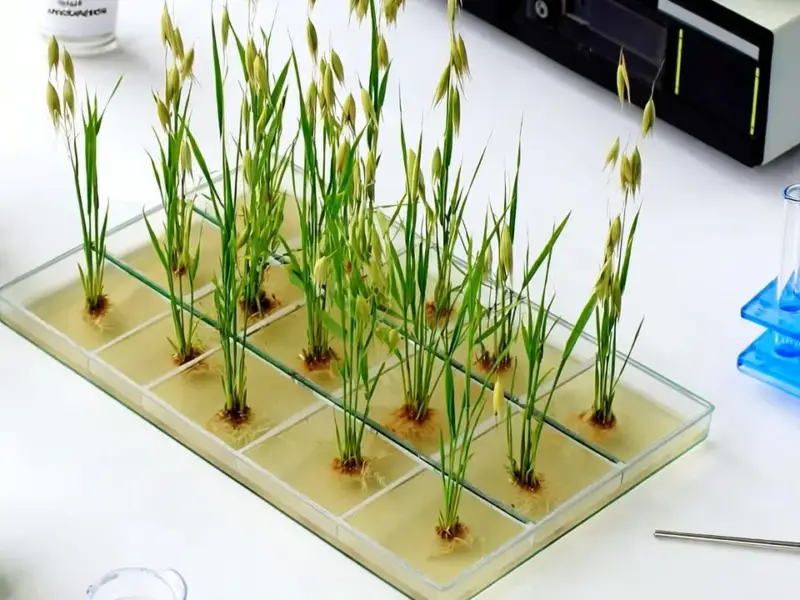According to The Verge, the real crisis with AI in schools isn’t just about students cheating with ChatGPT – it’s causing teachers to question the entire purpose of education. The Decoder team interviewed numerous educators who consistently raised the same existential question: “What are we even doing here?” One instructional designer framed the dilemma starkly, noting that if current trends continue, we’ll have AI-created courses, AI-graded assignments, and AI-generated student submissions. While a few teachers find AI tools helpful for their workflow, the majority are experiencing what the report describes as “bad” experiences that force them to confront these fundamental questions. The publication also consulted Dr. Adam Dubé from McGill University, an educational technology expert, to explore how generative AI is fitting into education currently and where it might be headed.
This goes way deeper than cheating
Here’s the thing: everyone expected the cheating problem. Students using AI to write essays? That was basically the most predictable outcome imaginable. But what’s really happening is way more interesting – and honestly, way more concerning. Teachers aren’t just worried about catching cheaters anymore. They’re asking whether their entire profession still makes sense in an AI-dominated world.
Think about it. If AI can design the curriculum, teach the material, and evaluate the work… what exactly are human educators for? That’s not just a workflow question – it’s a philosophical crisis. And you can’t solve that with better plagiarism detection software.
Teachers are having a rough time
The report found that experiences vary, but the dominant feeling among educators is… not great. A small minority find AI helpful for administrative tasks or lesson planning. But for most? It’s creating this constant low-grade existential dread. They’re watching their entire professional identity get questioned in real time.
What’s fascinating is that this isn’t just resistance to change. These are people who’ve dedicated their lives to education suddenly wondering if the foundation they built their career on is crumbling. When an instructional designer asks “What are we even doing here in higher ed?” – that’s not a technical question. That’s someone questioning their life’s work.
So where does education go from here?
Now we get to the really hard part. The Verge brought in Dr. Adam Dubé to try to make sense of where this might be headed. But honestly? Nobody really knows. We’re in that messy transition period where the old rules don’t work anymore, but the new ones haven’t been written.
Maybe the future of education shifts toward teaching critical thinking about AI itself. Maybe assessment moves entirely away from written assignments. Or maybe we’re looking at a complete reinvention of what learning even means. One thing’s for sure – the conversation has moved way beyond “how do we stop kids from cheating?” We’re now asking “what’s the point of school?” And that’s a much harder question to answer.




